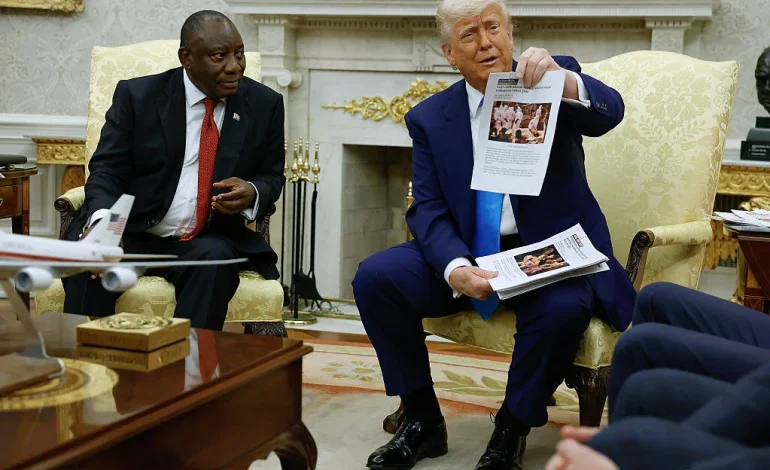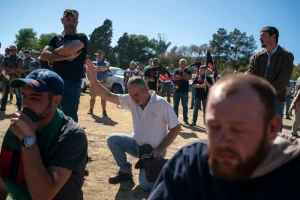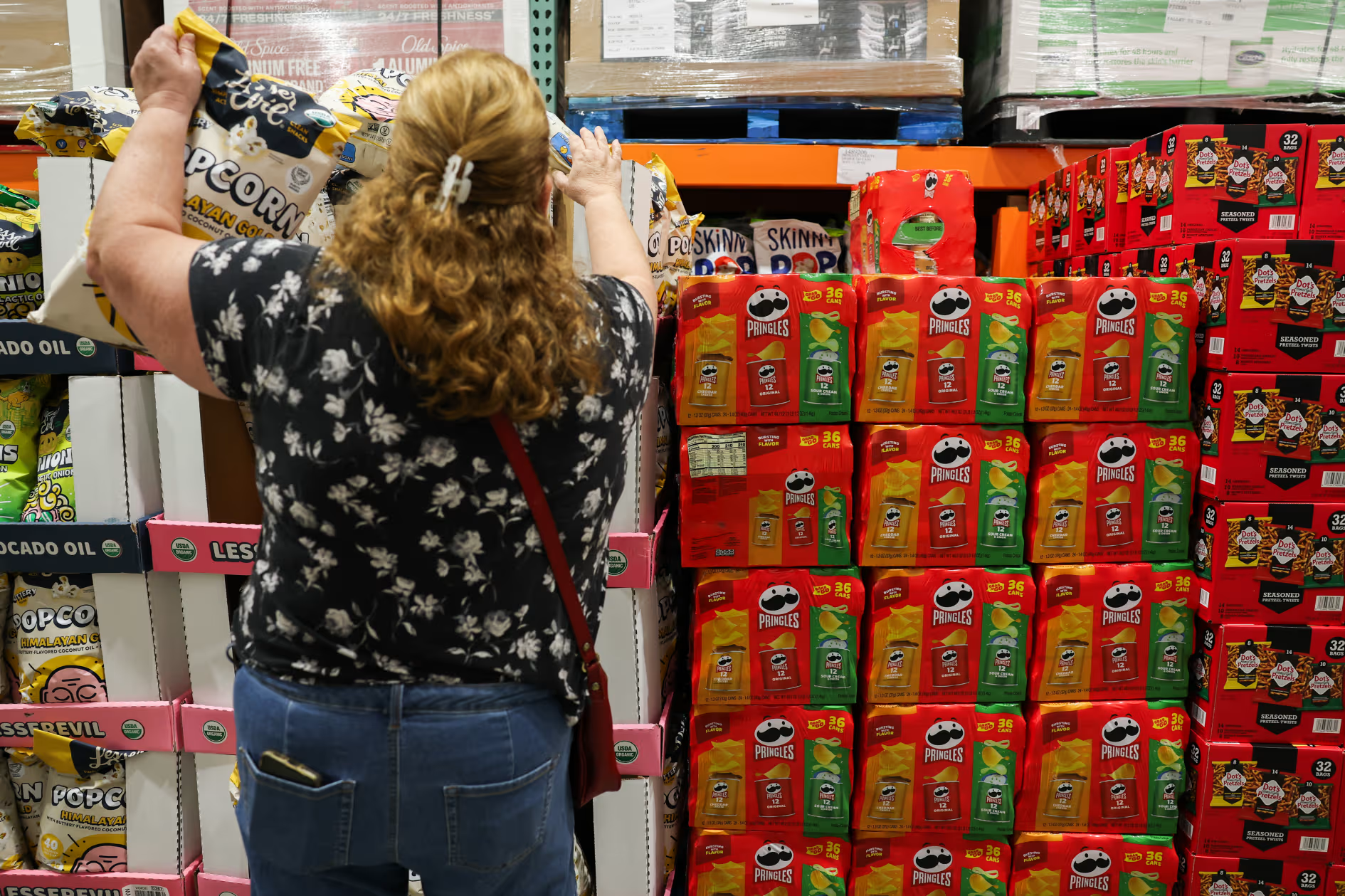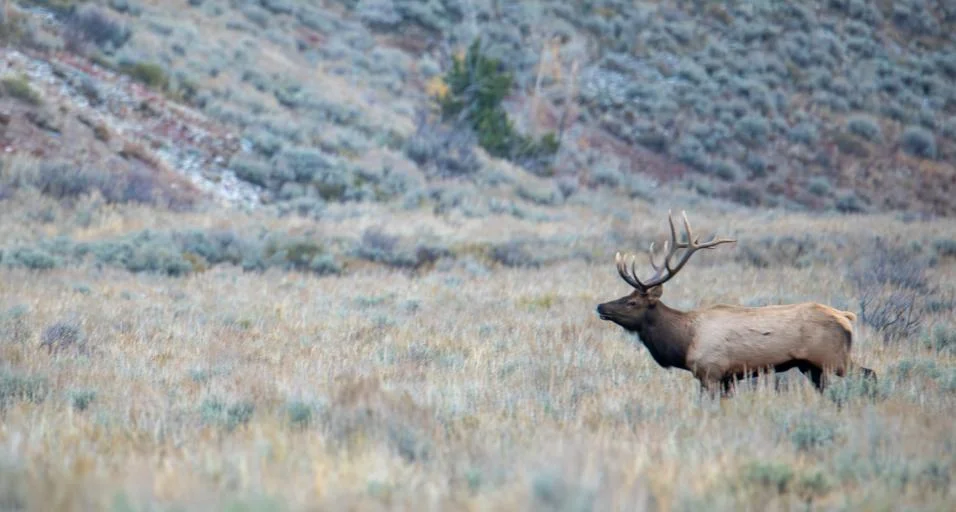EXCLUSIVE: South-African Experts Counter ‘Genocide’ Claims, Explain Rural Crime, Land-Reform Realities

A video shown in the Oval Office last week, presented by President Donald Trump as proof of a “white genocide” in South Africa, has again thrust the country’s high crime rates and land-reform debates into the U.S. spotlight.
To unpack the facts beneath the rhetoric, Wyoming Star spoke with Roger Southall, emeritus professor of sociology at the University of the Witwatersrand, and Gareth Newham, head of the Justice and Violence Prevention Programme at the Institute for Security Studies in Pretoria.
Wyoming Star: What do the most recent data tell us about farm attacks and rural crime in South Africa? How do those figures compare with claims of a “genocide” against white farmers?
Roger Southall:
Crime is a major problem in South Africa in both urban and rural areas. However, the claim that there is a white genocide generally, or of Afrikaners, or of white farmers specifically, has no basis in fact. Official figures do not distinguish the colour of victims, and social-scientific analysis shows that, proportionally, the victims of rural crime are poor Black South Africans. The motivation is usually robbery rather than ‘genocide’.
Gareth Newham:
Out of almost 27 000 murders per year, around 50 take place on white-owned commercial farms and — while most victims are — not all are white farmers. Rural areas are generally safer than urban areas, and white people in South Africa are less likely than Black people to fall victim to violent crime.
Wyoming Star: What are the key drivers of rural violence—such as organized crime, land disputes, or policing challenges?
Roger Southall:
The factors overlap: organized crime, land disputes, and policing weaknesses can blur into one another, and it is difficult to separate them cleanly.
Gareth Newham:
The single largest cause of external violence directed at farmers is armed robbery. Small groups, usually three to six unemployed young men, obtain a firearm and make a living out of robbing vulnerable targets before turning to farms and residences for higher pay-offs. From April to December 2024 there were 36 murders on farms—seven farmers and the rest employees or security guards, mostly Black.
Wyoming Star: How has the land expropriation and redistribution debate affected the sense of safety among commercial farmers?

Source: The New York Times
Roger Southall:
A lot of hot air surrounded the recent Act allowing for expropriation of land and buildings without compensation, but it is essentially an update of 1970s legislation giving governments power to expropriate in specified circumstances, and all cases can be tested in court. I don’t think the farming community is unduly alarmed.
Gareth Newham:
The state has not confiscated any land from white farmers, and the new law mainly targets abandoned properties. Early anxieties have faded, and the measure is not generally causing concern among land-owners.
Wyoming Star: What are the likely short- and medium-term diplomatic consequences of the Oval Office exchange for U.S.–South Africa relations?
Roger Southall:
Reports suggest that once Trump was away from the media spotlight, exchanges became rational and constructive. South Africa may come away from this meeting in a better place than anticipated.
Gareth Newham:
Indications are that the closed part of the meeting was cordial and productive. With South Africa the United States’ largest African trading partner, it is in Washington’s strategic interest to keep relations positive.
Wyoming Star: What policy mix could fairly address land reform, uphold property rights, and protect food security?
Roger Southall:
First, speed up the land-restitution process. Second, beef up policing in rural areas. Third, encourage large agricultural employers not to rush into capital-intensive schemes that minimise rural employment.
Gareth Newham:
We have a good Constitution and adequate laws; the main challenge is weak governmental capability and high levels of political corruption, which undermine implementation.
Editor’s Note:
According to experts, the claim of a “white genocide” in South Africa does not hold up to the facts. While farm attacks and violent crime are real concerns, they are not racially motivated campaigns. Most victims of violent crime in South Africa are black, and white South Africans — especially farmers — are not at higher risk than other groups.









The latest news in your social feeds
Subscribe to our social media platforms to stay tuned